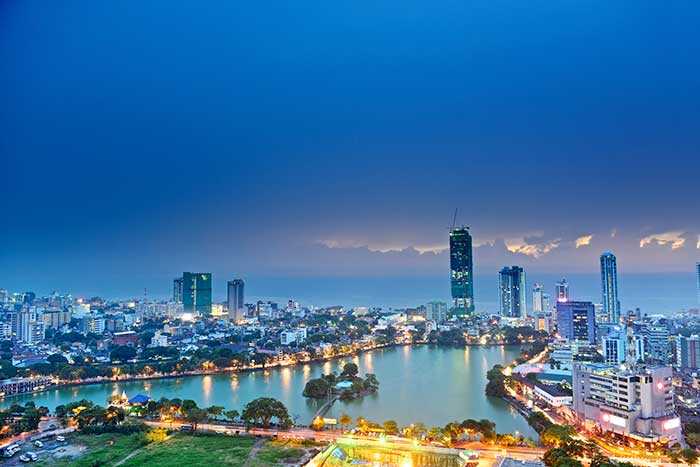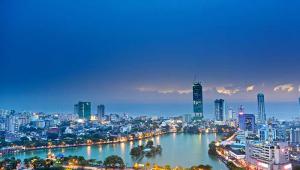web_colombosrilanka_istock_000050638560_large.jpg

Colombo, Sri Lanka
The ADB, which has delivered $1.5bn to Sri Lanka over the last three years with a focus on basic infrastructure, will now expand its support to include higher quality, “transformative” infrastructure such as expressways, railway upgrades, power generation and building economic corridors to accelerate industrialisation.
Takehiko Nakao, president of the ADB, said this marks a re-orientation of the bank’s operations to meet the evolving needs of Sri Lanka as it moves towards upper-middle-income status.
As well as infrastructure, Nakao said human resource development would remain a key focus of ADB operations in the country.
“Support to the education sector will expand with the growth of ADB operations and cover new areas to help Sri Lanka build a knowledge economy,” he continued.
This will include support for college level education as well as science and engineering skills development.
During a visit to the Sri Lanka, Nakao also witnessed the signing of a $500m agreement to develop a container terminal in the country’s Colombo Port through a public-private partnership.
The project, a partnership between the ADB and the Sri Lanka Ports Authority, will include the operation of an existing 400m deep water docking site and the design, construction, operation and maintenance of a further 800m docking site.
“The terminal will maintain Colombo’s strategic position as a key trans-shipment hub for global and regional trade,” explained Sri Widowati, ADB’s country director for Sri Lanka.
Ryuichi Kaga, head of the ADB’s Office of Public-Private Partnerships, said the ADB will advise SPLA in developing a bankable PPP structure and organising a competitive tender process to select the private sector partner.
Kaga said this is expected to deliver the best value for SPLA and help to create a new template for structuring and delivering PPPs in Sri Lanka.
Nakao emphasised that Sri Lanka, with a wealth of cultural heritage and rich natural and human resources, has a lot of potential, and praised the new government’s emphasis on good governance, inclusive growth and private sector development.
But he reiterated the importance of prudent economic management, particularly fiscal consolidation measures, if Sri Lanka’s economy is to grow at 6% or more per annum during 2016/17.
He said both tax revenue enhancement and effective management of public expenditure are urgent tasks for the government, and welcomed the government’s public finance management reform initiative, which he said will boost the credibility of the budget and improve controls and transparency in its execution.
Structural reforms should also be pursued, he said, to ensure steady employment creation and to attract greater foreign direct investment to support growth.
Both the International Monetary Fund and the World Bank have urged Sri Lanka to get its public finances in order.












